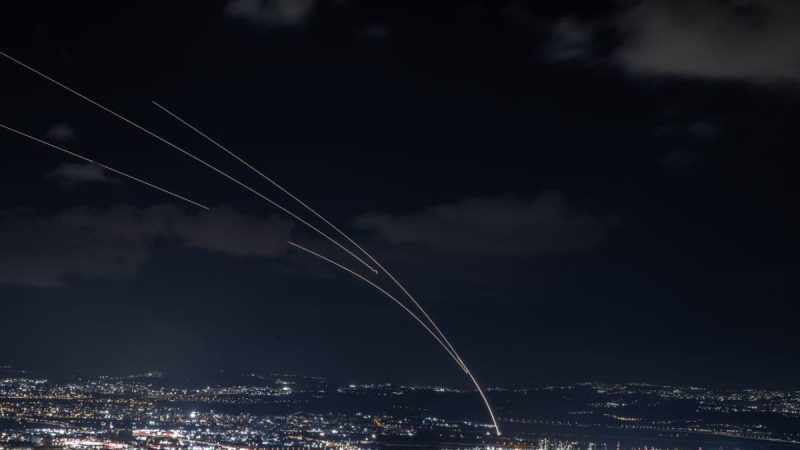Hezbollah Rocket Attack on Israel Hits Haifa for First Time
The recent Hezbollah rocket attack on Haifa marks a significant escalation in the long-standing conflict between Israel and the Lebanon-based militant group. The attack, which targeted Haifa—an industrial city located in northern Israel—with a barrage of rockets, represents a departure from previous tactics employed by Hezbollah. This new development raises serious concerns about the potential for further violence and destabilization in the region.
Hezbollah, a Shia Islamist political party and militant group, has been a prominent player in the Middle East for decades. Known for its hostility towards Israel, support for the Assad regime in Syria, and involvement in various conflicts across the region, Hezbollah’s actions have often sparked tension and violence. The recent rocket attack on Haifa is a stark reminder of the group’s capabilities and willingness to target Israeli population centers.
The decision to target Haifa, a major urban center with a diverse population and strategic importance, indicates a shift in Hezbollah’s tactics. While the group has previously launched rockets at Israeli towns and cities, including during the 2006 Lebanon War, this is the first time that Haifa has been directly hit. The attack underscores Hezbollah’s increased capacity to strike deeper into Israeli territory, posing a significant threat to civilians and infrastructure.
The repercussions of the rocket attack on Haifa are likely to be far-reaching. In addition to causing panic and fear among residents, the attack has the potential to escalate into a broader conflict between Israel and Hezbollah. Israel has already retaliated with airstrikes on Hezbollah targets in Lebanon, raising concerns about a cycle of violence that could spiral out of control.
The international community has condemned the attack on Haifa and called for restraint from both sides. The United Nations, European Union, and various countries have expressed their support for de-escalation and a peaceful resolution to the conflict. However, the situation remains volatile, with the risk of further violence looming large.
In conclusion, the Hezbollah rocket attack on Haifa represents a dangerous escalation in the conflict between Israel and the militant group. The targeting of a major Israeli city underscores the severity of the threat posed by Hezbollah and raises concerns about the potential for further violence and instability in the region. As tensions continue to simmer, efforts must be made to defuse the situation and prevent the outbreak of a full-scale conflict that could have devastating consequences for all parties involved.

